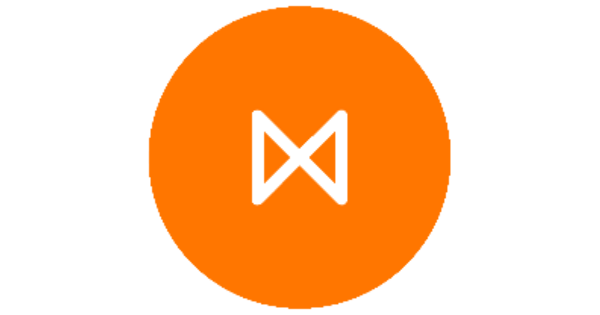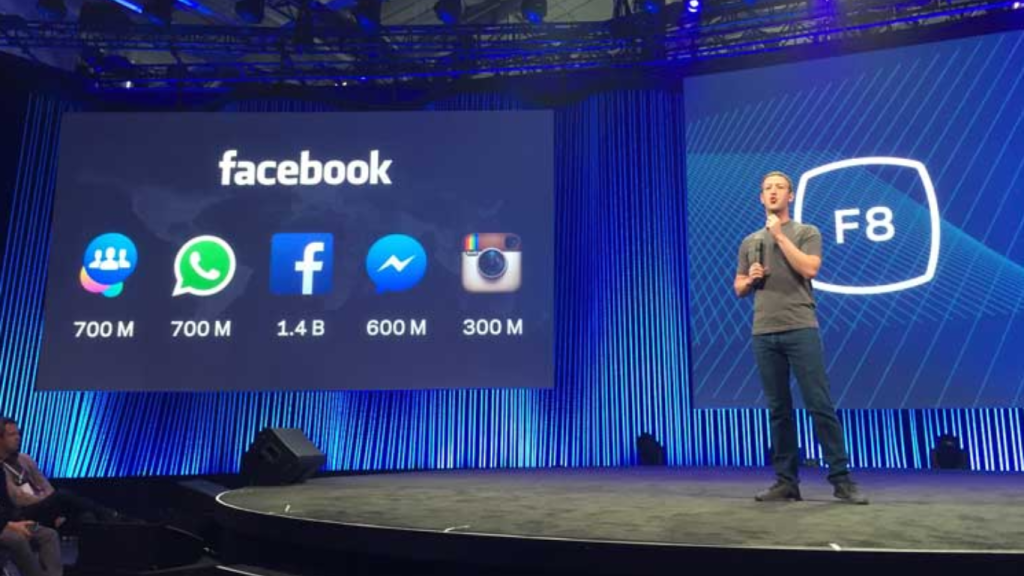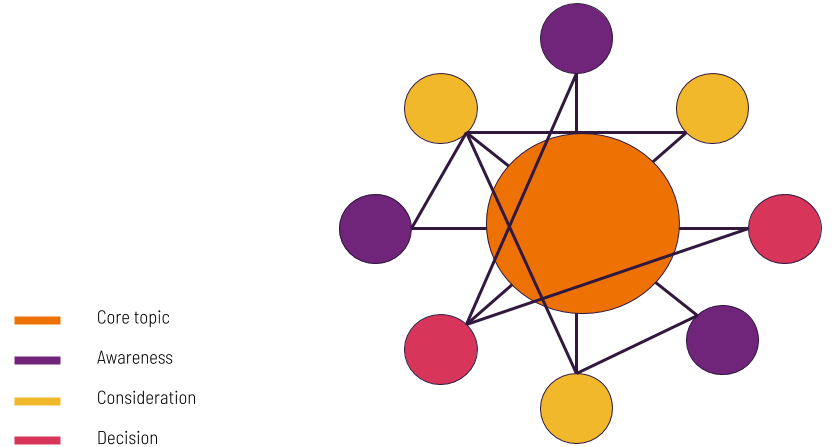Facebook has just put the wraps on the 2017 Facebook F8 Developer Conference – their most diverse yet – and those that were lucky enough to attend were not disappointed as always. A lot of what was announced this year is more of an evolution than entirely new, but there were a few exciting bits that came out of it, both expected and unexpected.
Human Interfaces

Facebook wants you to spend more time on it’s platform and they are attacking this in many ways, but the one we really didn’t expect was improving how you interact with Facebook. They have demoed some cool – and frightening – technology.
First up we have what is called Direct Brain Interface Typing. They are using optical scanning technology which can monitor your brain without the need for invasive surgery. The estimated speed of input for this? They estimate that you can get to 100 words per minute – or about 5x the speed of typing on your phone. In writing this blog, the vision I now have is of a scene from Wall-E on this with people just sitting and thinking in their hover-chairs as the drinking preprocessed food smoothies.
Table of Contents
ToggleNext up for human interaction is hearing through your skin. Through their research they have identified that they can trigger the nerves under your skin to simulate the same signals that your cochlea generates.
Camera effects (aka: Augmented Reality)
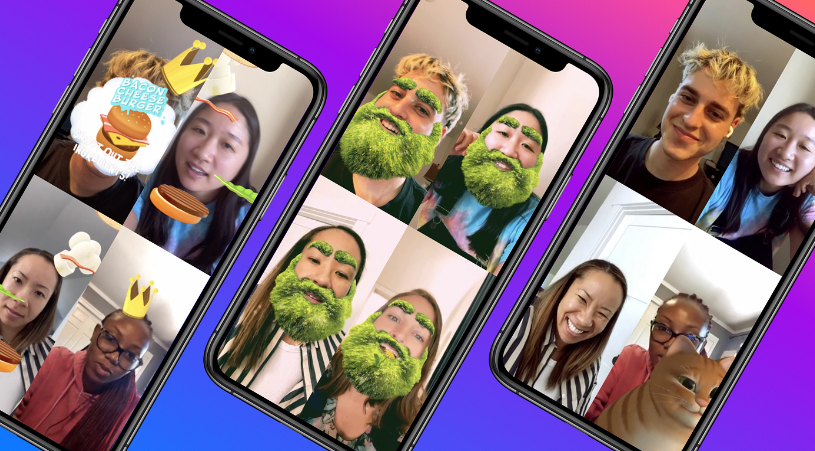
Their biggest announcements were in the realm of AR and VR. By now everyone knows that Facebook has been developing 360 VR cameras, and invested in VR through the acquisition of Oculus Rift. The goal is to make it easier, and by extension, more appealing to create filters and AR experiences within the Facebook platform (that last bit is something I’ll touch on in a second).
Camera Effects Platform is designed to allow people to create photo augmentations (Augmented Reality) on smartphones, creating experiences that do things as simple as adding a 2D frame to a photo, to the more complicated 3D face tracking experiences that have become popular thanks to the like of SnapChat.
The first tool they have created to use this is Frame Studio, which does exactly what it sounds like. It lets users create frames for photos in 2D that can be still or animated – they support developers creating data driven frames too. Adding this to the Facebook and Messenger platforms opens up a whole new world of things you can do to change (some people say ruin) user’s photos.
AR Studio is more complex and allows you to create 3D experiences augmented with face tracking and using some of the other sensors phones have. This allows the creating of effects such as laser beams from your eyes or cat eyes for example that move with you. This is in limited beta form but opens up some exciting ideas and techniques such as animations, frames, interactive effects all of which react to the user’s motion. It even works for live broadcasts and supports using third party data in the effects.
The primary goal of these is to further grow the time users spend creating content and sharing it with their friends, primarily targeting the younger generations that prefer networks such as Snapchat.
Page Analytics and Bringing AI to Analytics
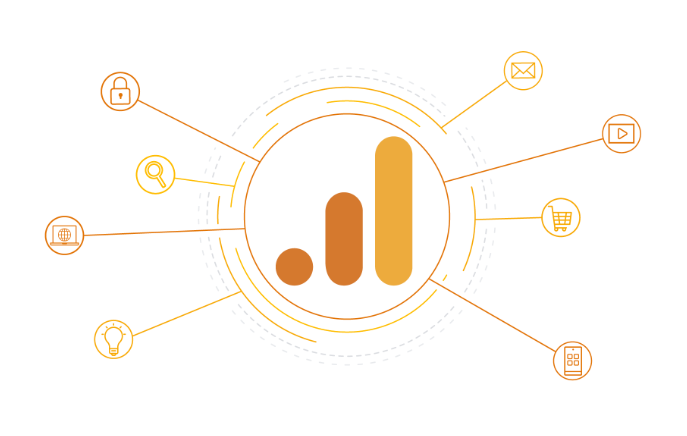
The analytics around pages on Facebook is something that has been slowly improving over time. We were glad to see some of the metrics and services they are adding as they will help to enhance our customer offerings.
With the release of Omni-channel analytics for Pages and in-store sales, Facebook are taking a punt at Google Adwords and their offering. The aim of this is two fold:
- provide ads that show nearby stores (like Adwords)
- to track the click through from ads to the point of sale (anonymously)
They say the data is anonymised but the data privacy advocates will be all over how this is achieved. As long as it can’t be tracked back to a single user – and they can somehow prove this – then it’s fine. At the moment there is no clear way to opt-out of this tracking, except to disable location services, but this reduces the Facebook app functionality so is unlikely to be popular.
Next up for the analytics is the inclusion of Artificial Intelligence to highlight key metrics for you. This is similar to our MRT technology, except limited to Facebook properties. Examples of this might be that you are getting a lot of traffic from Females aged 24-30 in California. The idea being to give you a little more insight without having to dig yourself.
Facebook Analytics Adds Pages Support and Launches Automated Insights
And lastly for analytics are customisable dashboards that allow you to pin your favourite / most useful charts to the top.
This will be an interesting place to watch and be a great proof of whether or not advertising on Facebook actually helps lead to sales.
Messenger Platform 2.0
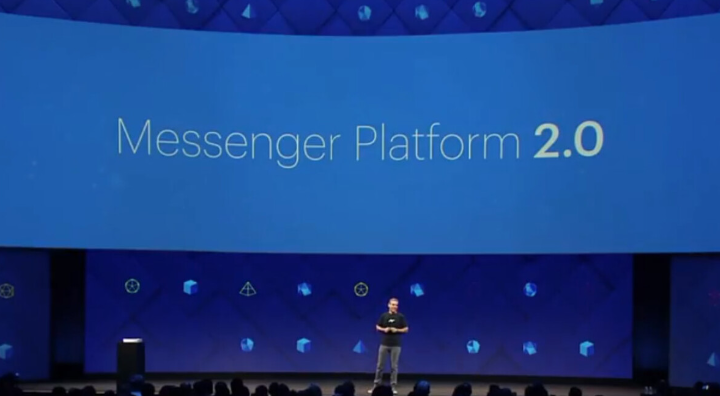
I have to confess, like everyone else, when Facebook announced that they were breaking Messenger into it’s own application, I was sceptical. Then I started working on WeChat and boy did a lightbulb go off. This is the future of how we will interact and whomever can win in this space will be shaping the next mobile revolution, as demonstrated by Slack, iMessage, etc.
The focus of these update are to help users discover more of what is available to use in Messenger. This is something that springs to mind looking at all the new AR and VR content being created, and Facebook are taking steps to address it, helping users discover more. The highlights include Bots, Places and Businesses. This will be a game changer for businesses as they aim to get a foothold in the Messenger platform.
Other updates focus on bots and improving what they can do, making them more intelligent as well as enhancing the Facebook Workplace integration to support performing tasks and handling smart replies.
When the Messenger platform, and then bots were announced, people were skeptical about how well it would work. But Facebook as always has pressed on with their vision and the platform is going from strength to strength.
Workplace Enhancements

We here at Metigy use @workplace by Facebook for our intranet and are so far not disappointed (bar a few missing integrations we’d like to see for our development team in particular).
As the platform grows, support is being added for more platforms, and the latest highlights include Dropbox, Salesforce, OneDrive, Box, Office and Quip.
Building on the Bot work of messenger they’ve added some very smart workflows that allow users to interact with bots to create tasks. Examples include:
- asking a bot to find someone to address a problem and keeping track of it
- reminding people that they have candidates in for interviews in 30 minutes, and including relevant information such as interview questions and CVs
And the final enhancement is to the use of video live streaming on the platform to cover events, training webinars, etc. They have partnered with existing services such as BlueJeans to support streaming their content to Workplace.
All in all, the Workplace environment has potential if they keep adding features and given its familiarity to the regular Facebook, it’s easy for staff to get into. They just need to keep on working on those integrations.
Oh, and for the record, yes we are working on integrating Metigy with it.
Other Facebook Announcements

There were a whole raft of other announcements that were focused on developers and integrations:
- Places Graph : This opens up the data of 140 millions place around the world and allows searching for places, finding the user’s current place and information on places. This is the same api that powers Facebook, Messenger and Instagram.
- Graph API 2.9 : For those that don’t know, this is where Facebook original had their big(ger) break, opening up Facebook data to platforms such as ours and driving their growth. The enhancements focused on:
- URLS – improving engagement metrics for URLs
- Webhooks – improving the version of webhooks (trust me when I say this is great for developers)
- Read-After-Write API Calls – this basically saves us a call after writing data
- Marketing API – Facebook have enhanced the Ads Creation & Management, Dynamic Ads, and Targeting
A lot of the above you will never see as an end user. But for us, we will be making use of all of those over time to enhance our offering.
One more thing…
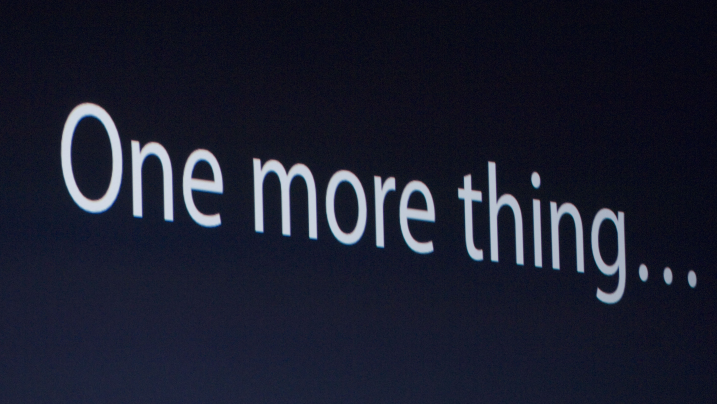
Everything above is focused purely on Facebook and using their ecosystem. To me as a long time Facebook fan, I have no problem with it. But if you read around a lot of people raise concerns about the closed nature of it. This requires a lot of it to be within Facebook’s environment to work. The translation of this is that when we use any of these services, it is driving users to Facebook and their ads. They don’t give back on the revenue being generated.
To that I say a few things.
First that Facebook is phenomenal for driving traffic to your site and creating robust communities. Platforms such as Metigy are designed to help you do that marketing and make the most of the opportunity.
There’s also all the work they are doing – and trying to do – to support users and businesses. That costs a lot of money to set-up and create, and the cost to end users is small. The cost to businesses depends on the value Facebook gives them. And for developers, well, just look the entire social games industry that sprung up thanks to Facebook.
The other thing is that Facebook gives a lot back to developers in particular in the form of open source libraries such as ReactJS (which we use) and tools to help you manage your infrastructure, not to mention database engines such as RocksDB.
Facebook is on a mission to create and support the world’s first planet size community. That’s not easy, or cheap, and they give a hell of a lot back. OK, they are far from perfect and they admit that.
And at the end of the day, your privacy as a user is their number one priority. If they didn’t put that first, their business would not work. Just think about that…
